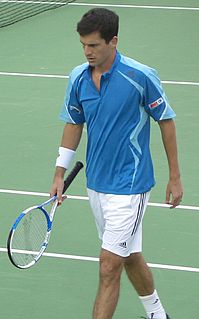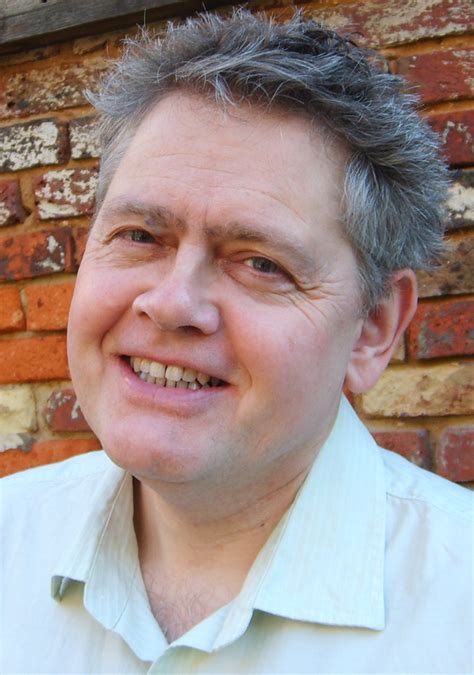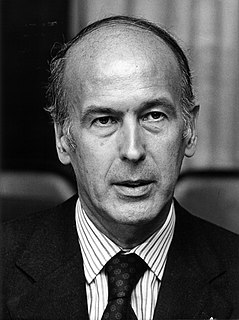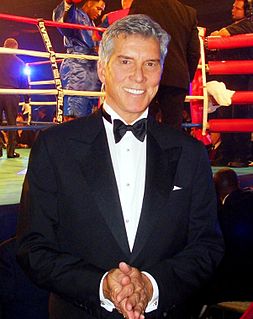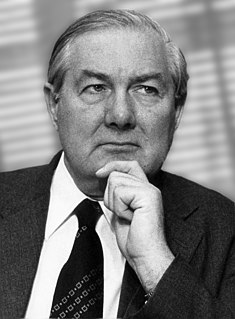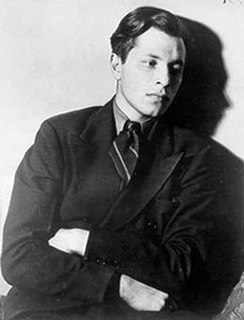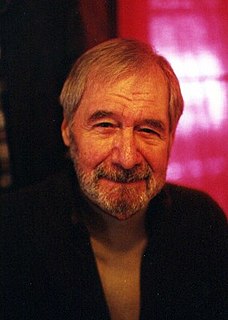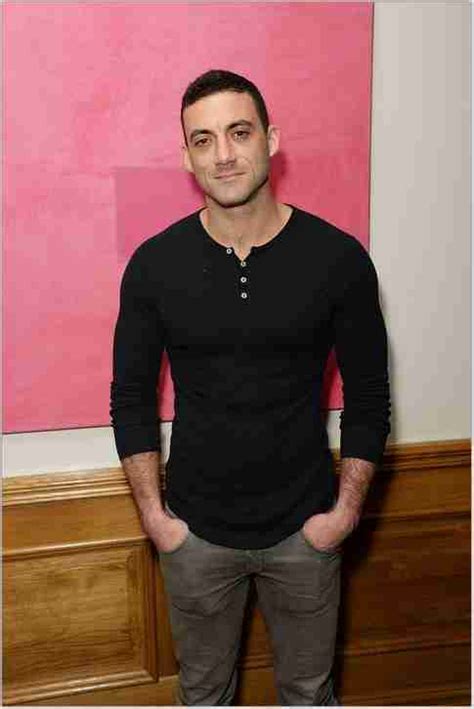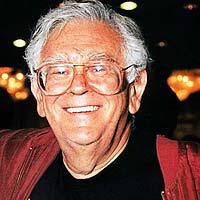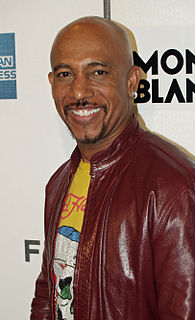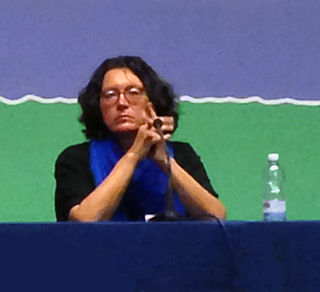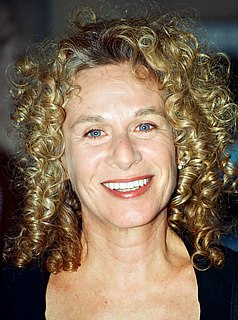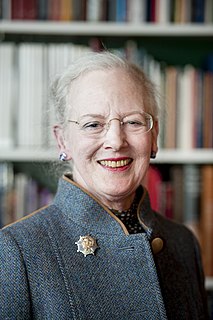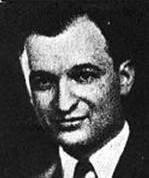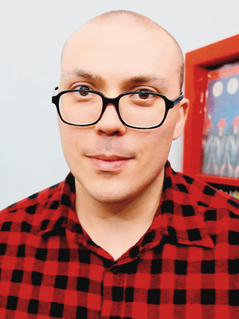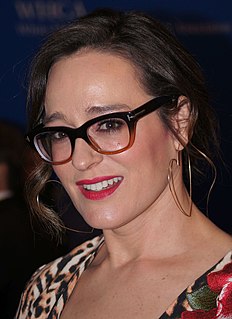Top 1200 Eastern Europe Quotes & Sayings - Page 2
Explore popular Eastern Europe quotes.
Last updated on November 21, 2024.
The E.U. cannot give up on common solidarity. The idea that every country does its own thing, and history and geography decides whose turn it is - whether Greece or Italy or Spain or, who knows, even Poland if there's a crisis in north-eastern Europe - that just can't be. There has to be a common policy.
I think that's the nature of the region, not even simply Eastern Europe but the Balkans. They are their own region. They are a peculiar place. They do share a history that we don't share with a country like Ukraine for example, and that's because of the presence of the Ottomans for hundreds of years.
After making my notes in the afternoon, I usually visit the fighters in their dressing rooms before they go out. I check what colour trunks they'll be wearing and sometimes the pronunciation of their names, particularly if they're from eastern Europe or Thailand, Vietnam, Indonesia. I'll make sure I write those out phonetically.
In conversations and visits with friends from Africa, Asia, Latin America, the Middle East, and Eastern Europe I am often struck by the gaps in our Western theological approaches. The most common texts used in evangelical schools have been written in the US, UK, and Australia. However, they miss some fundamental contextual issues.
From hearty beet-red borscht and soft, pliable pierogi dumplings to dill-scented pickles and hearty braises, the food of Eastern Europe - that is The Ukraine, Russia, Hungary, Poland, Georgia and their close neighbours - is tasty stuff, but it's never really taken off in Australia in any significant way.
In this case [the Charlemagne Prize], I don't say (I was) forced, but convinced by the holy and theological headstrongness of Cardinal [Walter] Kasper, because he was chosen, elected by Aachen to convince me. And I said yes, but in the Vatican. And I said I offer it for Europe, as a co-decoration for Europe, a prize so that Europe may do what I desired at Strasburg; that it may no longer be "grandmother Europe" but "mother Europe."
In the '30s and '40s, the search for Hungarian national identity led famously to an alliance with Hitler and the destruction of more than a half million of the nation's Jews. And here we are now, more than 70 years later, witnessing a resurgence of xenophobia and authoritarianism, and not just in Eastern Europe.
Every writer owes something to a particular tradition he/she grew up in. But no serious writer - other than the militantly nationalist ones - would reduce his/her domain of influence to a single tradition. Furthermore, historical breaks are so common and large in Europe that there are ruptures in every tradition which then connect the same generations across national borders. Younger Eastern European writers, for instance, have more in common with other writers of the same age in Europe, than with the previous, communist-era generations in their own countries.
I definitely think my ancestry has something to do with my politics. And I think being deeply suspicious of government and communists is implicit in a lot of first-generation immigrants, particularly from Eastern Europe. My mom came over from Romania when she was a kid and they fled the commies who took their family hemp farm.
I'd been keeping tour diaries, and especially when I go somewhere where I felt the experience might be interesting, like Eastern Europe or South America or whatever, where the whole perception of what I was doing there and stuff that I was seeing and music I was hearing, I could put all that into a diary.
The truth is that we have long had a multi-track Europe with very different objectives. The traditional differences between the north and the south in fiscal and economic policy are far less problematic than those that exist between Eastern and Western Europe. In the south and east, China is steadily gaining more influence, such that a few EU member states no longer dare to make decisions that run counter to Chinese interests. You see it everywhere: China is the only country in the world that has a real geopolitical strategy.
I think that Europe has to get its act together very quickly. The Belgian guy who's leading the negotiations against Brexit, he sees it as a whole chance to reboot Europe and reclaim the kind of social mission of Europe from all this corporate, bureaucratic, globalist stuff that has got into, building Europe for the people rather than the banks, again.





